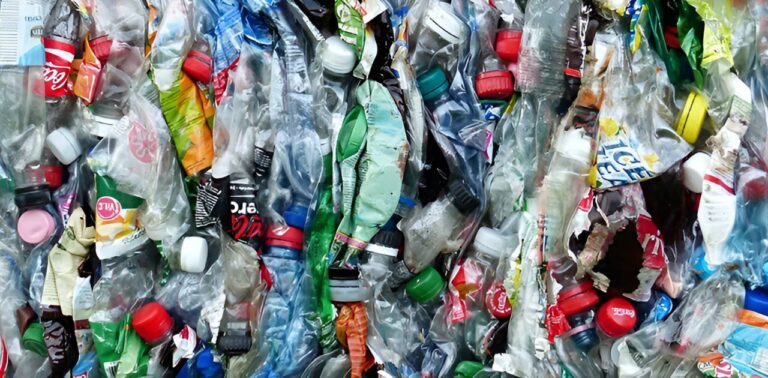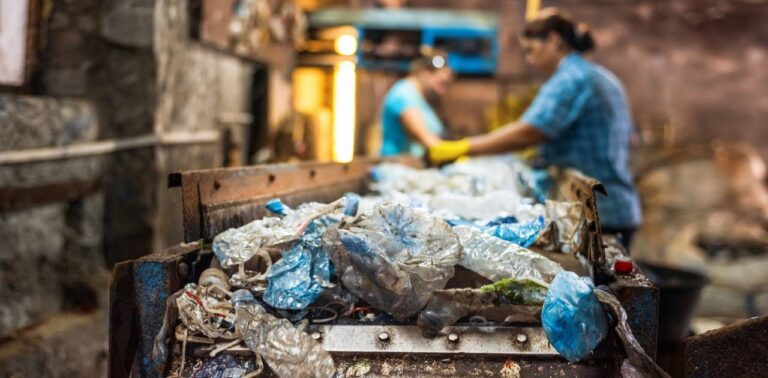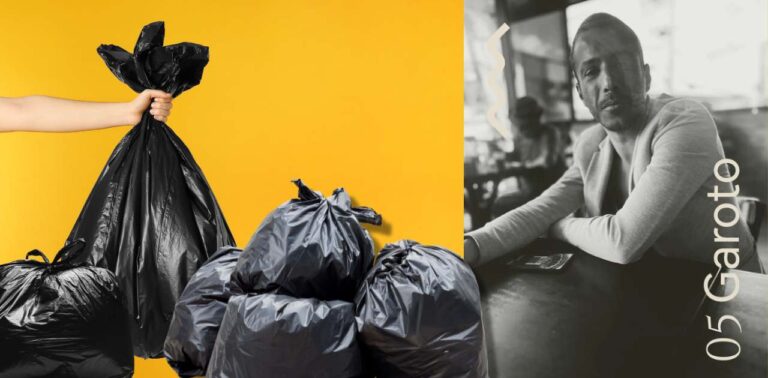Have you ever stopped to think about the impact of milk cartons on the environment? When we open a carton of milk and pour a glass, it is such an automatic habit that we rarely consider the journey that the carton takes. How many kilometers do these cartons travel to reach us and where do they end up after they are discarded? This article will make you reflect on your habits and their consequences.

Challenges of Long-Life Packaging
Long-Life packaging is widely used due to its ability to preserve food for long periods. However, recycling this packaging presents a significant challenge. This is because Long-Life packaging is composed of layers of plastic, metal and paper, which are difficult to separate and recycle. This complexity means that these packages often end up in landfills or in nature, contributing to environmental pollution.
Sustainable Alternatives for Milk Packaging
An interesting alternative to traditional milk packaging has recently been developed in England: the milk jug known as Jugit. Created by RPC Containers Market Rasen in collaboration with Dairy Crest and Sainsbury's supermarket, Jugit offers a more sustainable solution. This milk pouch uses 75% less plastic than traditional bottles.
Milk bags, although they have a limited use, use only plastic as a raw material, which makes them easier to recycle. Jugit is designed to encourage the reduction of plastic use and facilitate the recycling process, since only the tip of the bag, which comes into contact with the milk, needs to be washed.
The Viability of Jugit in Brazil
Implementing Jugit in Brazil presents some challenges. Unlike England, where transportation logistics are relatively simple due to the country’s small size, Brazil faces a different reality. In our country, milk cartons travel long distances, which increases the environmental footprint associated with transporting the product. In addition, the plastic collection and recycling structure in Brazil still needs to be improved to efficiently handle new packaging solutions.
Environmental Impact of Livestock Farming and Milk Consumption
While solutions like Jugit can help reduce plastic use, it is important to consider other factors related to milk consumption. Livestock farming is one of the main contributors to forest devastation in Brazil and contributes significantly to greenhouse gas emissions. Therefore, reflections on milk consumption should also include consideration of the sustainability of livestock farming and the environmental impact associated with milk and meat production.
The Need to Reevaluate Our Habits
The modern world offers us many comforts, but it also poses significant challenges for the environment. The way we deal with milk and other product packaging reflects our habits and economic interests, which often have negative consequences for the environment. It is crucial to consider how we can adopt more sustainable practices and reduce the amount of waste we generate.
The invention of products like Jugit helps us reflect on the need to change our habits and practices. While a plastic jug may not solve all the problems related to the disposal of milk cartons, it can encourage us to think about alternatives and improve our behaviors regarding recycling and sustainability.
Resources and Action
For those interested in learning more about recycling and sustainable practices, there are several resources and initiatives that can be explored.
Watch Jugit’s demo video to understand how it works and consider how small changes to your daily consumption can contribute to a more sustainable future. By making informed choices and adopting efficient recycling practices, you can help reduce the environmental footprint of milk packaging and promote a more sustainable lifestyle.
Check out other interesting facts about recycling clicking here.
Learn how to make art by recycling, Click here.



